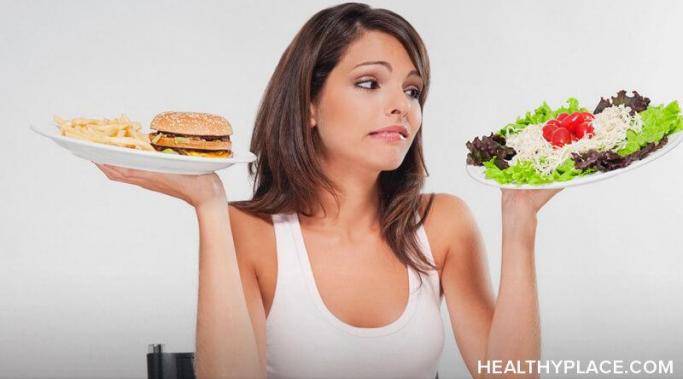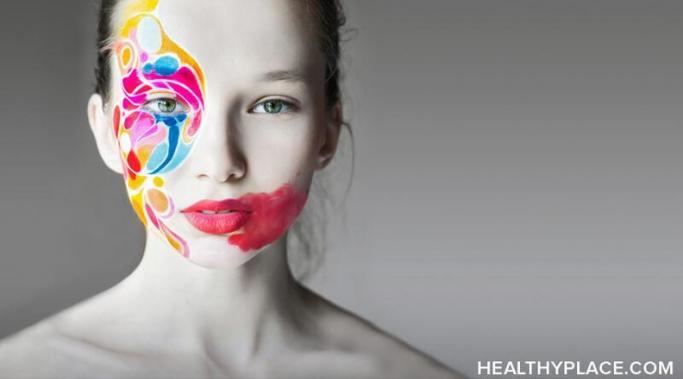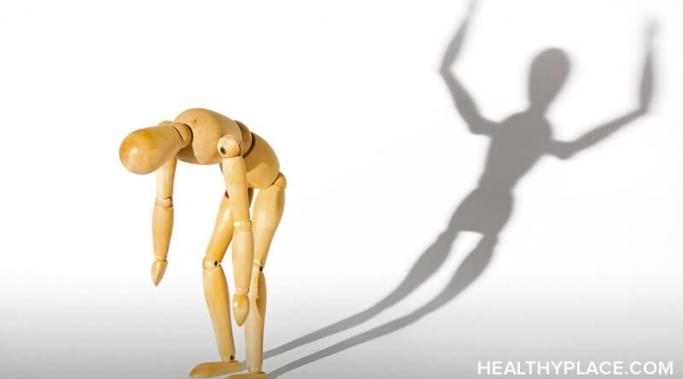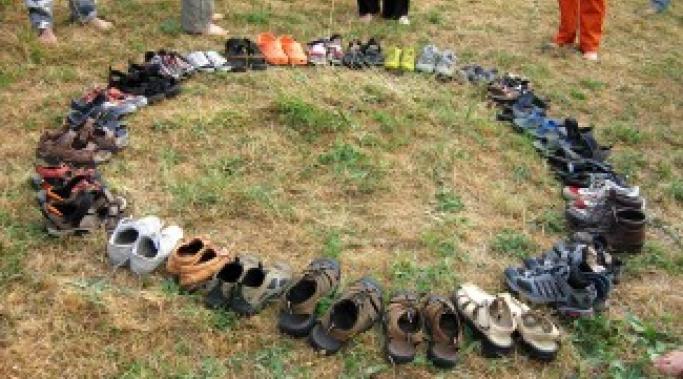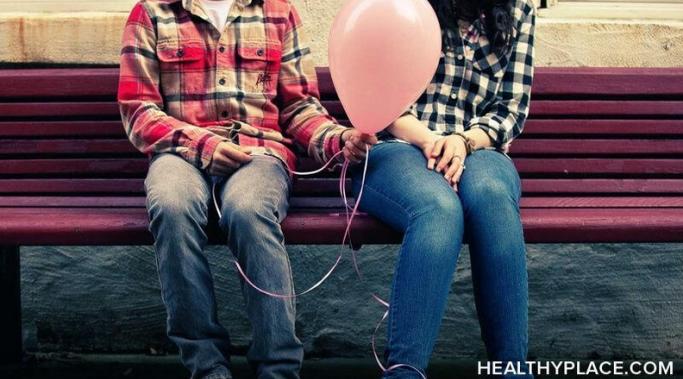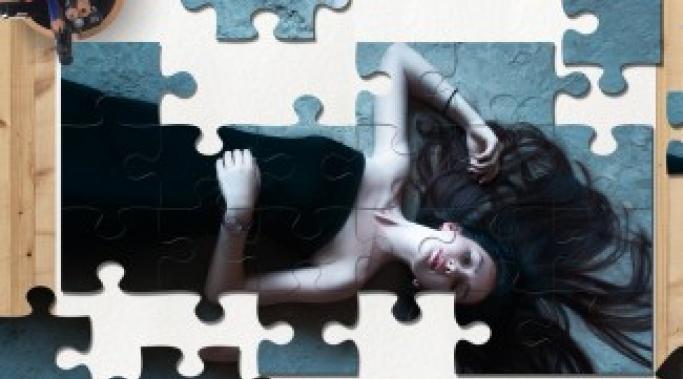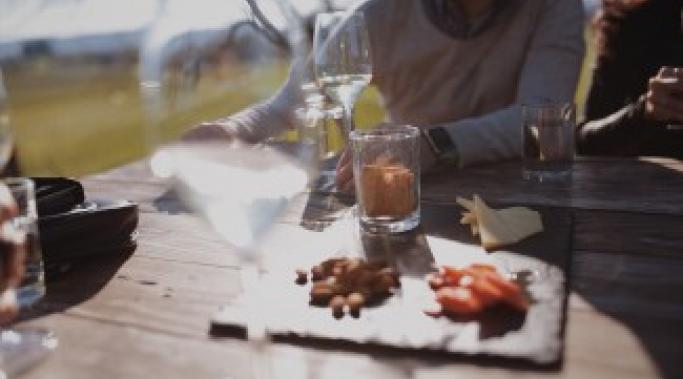Eating trigger foods in your eating disorder recovery can feel terrifying at first. The reason the foods are trigger foods in the first place is because they cause anxiety and trigger the neural pathway to act on our eating disorder pattern, whatever it may be. Eating trigger foods as a part of your recovery can be a freeing process.
Relapse Prevention
At some point in your eating disorder recovery, you will need to release anger. Recovery is an interesting process and it can also be tough. When anger comes up, it’s important to know how to handle it so that it doesn’t get stuck in your body and trigger eating disorder patterns (How to Channel Anger Constructively). Take a look at these helpful suggestions to help you release anger as it arises in your eating disorder recovery.
Art can be an important coping tool in your eating disorder recovery. Eating disorders thrive on rigidity. They tell us what to eat, what not to eat, how much to run, when we’ll starve, purge, or hide away from the world. Eating disorders are built on control and structure (Anorexia: A New Form of Control). Art can be flexible and fluid. Art can be wild, spacious, and free. Art can be what we want it to be. This is why art as a coping tool in eating disorder recovery is even more important to have on our side.
Each year, as the New Year rolls around, millions of us with eating disorders set our resolutions. One of the number one American resolutions is to exercise more, with gym memberships spiking in January and then waning soon after. Despite good intentions, many people’s motivation falls to the wayside with nothing more than a shrug. However, for those with eating disorders, resolutions involving our weight or bodies can make for a dangerous year (Are Your New Year’s Resolutions Aiding Your Eating Disorder Recovery?). Here’s how not to set a New Year’s resolutions with an eating disorder.
Everyone with an eating disorder believes in one, sacred lie. This lie is the superficial reason that the eating disorder started. This lie is the reason that girls and boys, women and men, will turn their lives into a confetti of chaos. This lie is the reason that every moment is rife with obsession or shame and the reason that we torture and destroy our bodies in unhealthy ways. It’s the reason we distance ourselves from our friends and family and isolate in our own personal hell. This is the eating disorder lie that destroys us
We recover in community. We may think that our eating disorders, or addictions, separate us from others (Never Alone: Overcoming the Loneliness of Eating Disorders). We may think that no one understands, that we’re unique in our “specialness,” or our suffering. Then we enter therapy, a facility, or a group, and we begin to see that we’re not as unique as we thought. Our “special” form of suffering is shared by others, and guess what, they understand us. They don’t just try to listen and sympathize. They actually understand us because they’ve gone through the same things. One of the key factors in eating disorder recovery is connection to others, because we recover in community. Here’s three ways to connect in recovery.
The ability to release emotions stored in the body in eating disorder recovery is vital for our health. On an average day, we have a plethora of emotions that change from one moment to the next. Society however, isn’t set up to allow us to cry, yell, or move emotions through our bodies whenever they arise. Instead, we’re trained to be professional and to be put together (The Stigmatization of Your Emotions). As the saying goes, “Check your baggage at the door.” I’ve heard that multiple times over the course of my professional life. Although there are times we need to be put together, there are many times we need to release emotions before they're stored in our body. Problems arise when we don’t allow ourselves to let the emotions move through us, to release emotions stored in our body during eating disorder recovery.
The question, "Can love can save you from an eating disorder?" hits at the core of a deeper question. Anyone who loves someone with a behavioral or substance addiction will face wanting to leave the person, or wanting to take his or her love away because he or she has been hurt too many times. As the partner, you may wonder if your love and presence even matters. As the addict (the person with the eating disorder), another’s love may pour a sea of guilt into you, which can drive you back into reaching for your addiction. But love is a powerful force and we can use love for eating disorder recovery.
"If you can’t be honest you won’t recover from an eating disorder," the woman said while leading group therapy during my inpatient stay at the hospital.
Honesty is a foreign concept to eating disorders. They have a fantastic ability to spin lies. They tell us we’re fat, that we’re rejected, isolated, and alone. They tell us that they’re our best friends and that they’ll never leave us. At first, the statements might fill us with joy – hurray, a best friend who never leaves. But soon, it’s torture – an abusive friend who won’t ever leave. The problem with lies is that they grow with silence. The best way to mute them is to bring them into the light of honesty. Without honesty, you just won't recover from an eating disorder. Here are four vital things to be honest about in your eating disorder recovery.
Making food your friend in eating disorder recovery is a scary notion. For many of us, food has become something to be feared, rationed, avoided, or lied about. Food has become a source of greed and pain, purging and sorrow, restriction and pride. We use food in unhealthy ways to regain our sense of control over the spinning world around us, and the pain in our lives. As much as we dismiss the food, the obsession with it grows until it becomes a thing of love and hate, want and fear. But food is much more than this. It’s time that we made food our friend in eating disorder recovery.
